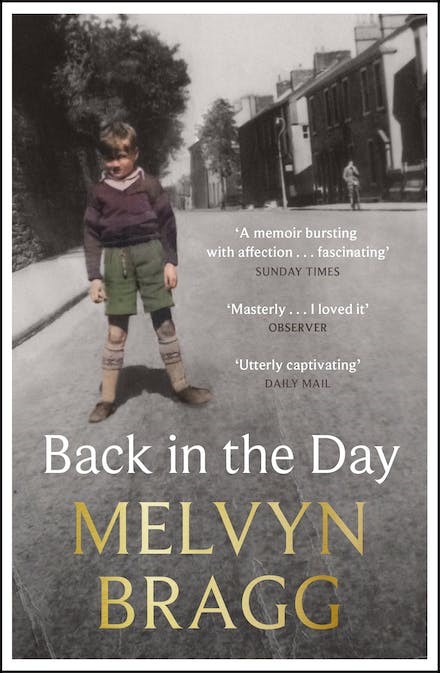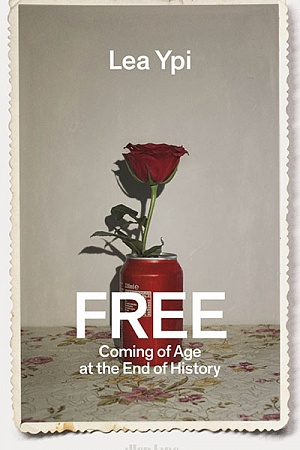Back in the Day: A memoir
Sceptre, $34.99 pb, 406 pp
Melvyn’s getting of wisdom
Melvyn Bragg has been a British cultural polymath since he more or less drifted into arts broadcasting after coming down from Oxford more than six decades ago. His own longevity (he is now eighty-three) is reflected in his two most enduring series. The first is In Our Time, a BBC Radio 4 discussion series and podcast that has been running for a quarter of a century. The second was The South Bank Show, whose more than 700 episodes were screened on the ITV television network from 1978 to 2010; from 2012 it has been running on Sky Arts. Bragg, as its editor and presenter, profiled many cultural giants: from Paul McCartney and Laurence Olivier to Marlene Dietrich and Dusty Springfield.
In between all this, Bragg has written more than twenty novels and fifteen non-fiction works, including a history of the English language, a biography of Richard Burton, and the history of the King James Bible. In 1998, the Blair government awarded him a life peerage, Lord Bragg of Wigton – or, as Private Eye magazine waspishly has it, ‘Lord Barg of Ubiquity’.
Omnipresent a public intellectual as Bragg may be, he is still, at heart, a Northerner, a Cumbrian lad of humble stock, who has never forgotten his past. During lockdown, while doing In Our Time via Zoom, he wrote this book, the first of a projected three-volume autobiography. As he says succinctly, ‘This is a memoir of my early life, the lives of my family and friends and of the town of Wigton in which I lived.’ As Bragg rightly points out, Wigton is itself one of the leading characters. Certainly, he makes Wigton far from inanimate; its bricks and cobbles, narrow streets and shadowy alleyways, clanking bicycles and chugging buses are set in counterpoint to the more harmonious bucolic surroundings of Cumbria’s hills and fells, rivers and lakes. This is Wordsworth’s country, but it is also Bragg’s, who observes it with a similar rhapsodic eye, but one tempered with realism. ‘The town was our globe,’ Bragg writes. ‘The streets were our living room.’
Continue reading for only $10 per month. Subscribe and gain full access to Australian Book Review. Already a subscriber? Sign in. If you need assistance, feel free to contact us.
















Leave a comment
If you are an ABR subscriber, you will need to sign in to post a comment.
If you have forgotten your sign in details, or if you receive an error message when trying to submit your comment, please email your comment (and the name of the article to which it relates) to ABR Comments. We will review your comment and, subject to approval, we will post it under your name.
Please note that all comments must be approved by ABR and comply with our Terms & Conditions.